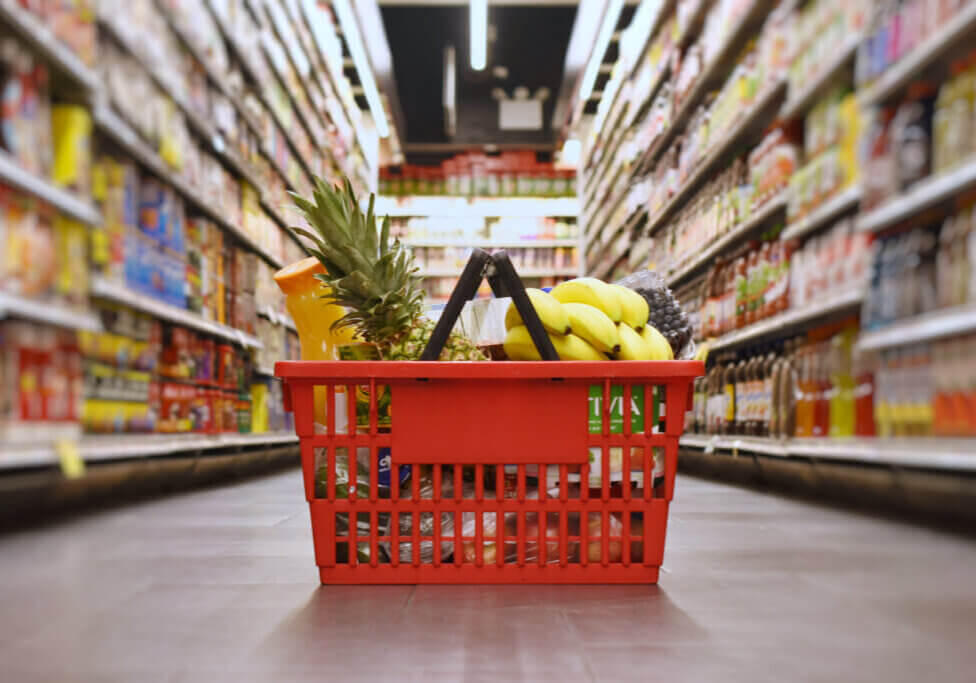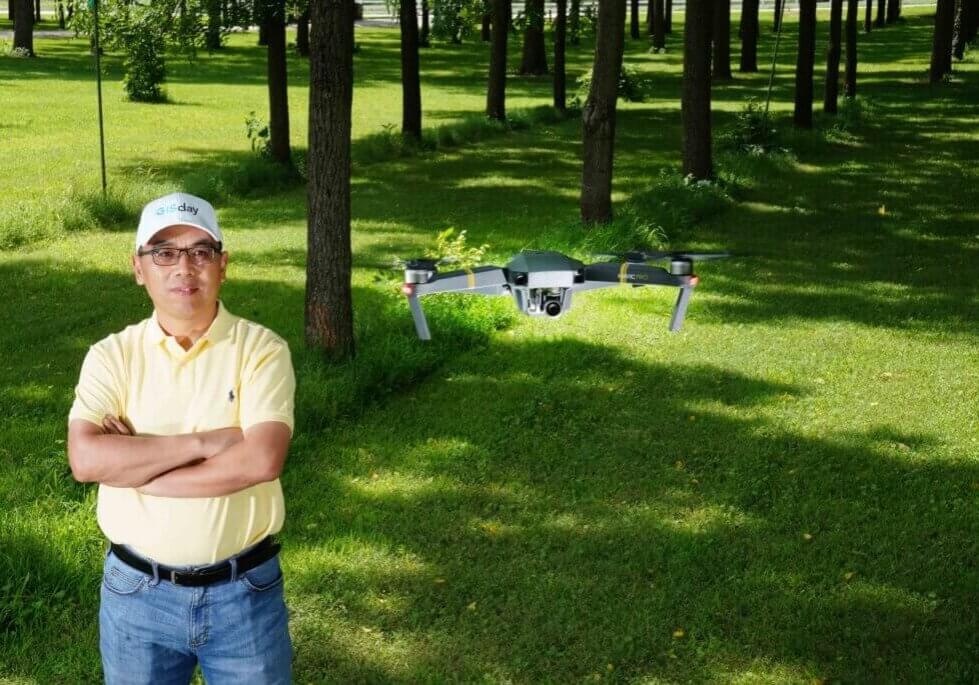The Global Trade Analysis Project’s (GTAP) 23rd annual conference will look a little different than in years past. Established in 1993 at Purdue University, GTAP furthers collaboration between academics, researchers and policymakers working on issues impacting the global economy such as trade and climate change. Its central objective is to enhance quantitative analysis of these and other global economic issues within an economy-wide framework.
While the conference was originally scheduled for this summer in Tokyo, Japan, complications from COVID-19 forced organizers to move to an online format. The conference, “Global Economic Analysis Beyond 2020,” will take place June 17-19 utilizing the WebEx platform.
While in-person conferences are always preferable, Dominique van der Mensbrugghe, agricultural economics professor and GTAP director, said, a virtual conference does offer a singular opportunity to increase participation in the conference.
“We have decided not to charge any conference fee for the online GTAP conference. This will allow many researchers around the world to more readily participate because the cost savings, including travel, are substantial. In particular, the conference will be much more affordable to our GTAP community in poorer countries around the world,” van der Mensbrugghe said.
The deadline is a week away, but attendance numbers have already tripled from previous years, totaling over 700 participants, including sizable registration numbers from Africa, Asia and South America, regions conference organizers have been eager to draw more from.
In the face of a global pandemic and the economic havoc this has and will continue to wreak, GTAP’s work remains more essential than ever, van der Mensbrugghe said.
“There is always plenty of work for researchers using GTAP resources. The pre-pandemic agenda was ample: be it the new fondness for raising trade barriers, the ever present and growing impacts of climate change and other sustainability issues, and long-term economic sustainability and development given the millions of people still living in abject conditions around the world. The COVID-19 pandemic has raised a number of important new issues that can be addressed by researchers in the GTAP network,” van der Mensbrugghe continued. “What are the near-term impacts of the pandemic? Who will be hurt the most? How long will it take to recover? Are the impacts synchronous, if not, what has made some countries less vulnerable, or perform better, than others? What are the long-term impacts?”
More information about the conference can be found at: https://bit.ly/3c7gxvb. To register for the conference visit: https://bit.ly/2Xa4ZmK. The registration deadline is June 7.
Friday Photo: 05/13/2022
The assignment for Purdue Natural Resources and Environmental Sciences professor Laura Bowling’s last field trip of the semester, was to collect and count invertebrates in a section of Burnett’s Creek, just north of campus. Note the reaction of students (left to right) Avery Fess, Ireland Beebe and Eva Curtis when the inch-long cranefly larvae show a little more mobility than expected.
Read Full Story >>>

